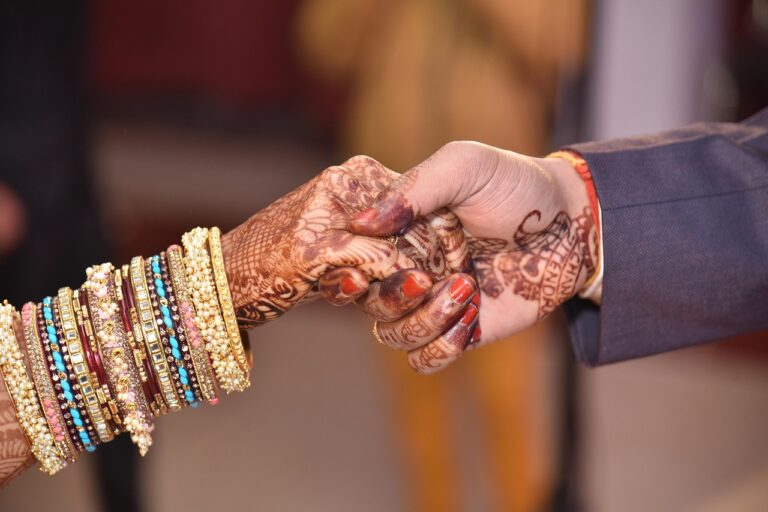
FAO cash assistance has enabled Liubov Yakovleva, along with many others, to meet her family’s basic needs like food, school supplies and firewood for heating. ©FAO/ Oleksii Kovalov.
A cheerful black dog dashes around the backyard farm of Liubov Yakovleva, greeting any and all visitors with a wag of not just his tail but his entire body. This four-legged friend, Karandash, helps keep Liubov from feeling lonely now that her husband has passed away and her children and grandchildren can only visit on holidays or vacations. It was, in fact, her grandchildren’s idea to give her this ball of energy so that their grandmother would not feel so alone in her village of Vyshneve, situated in the Dnipropetrovska oblast of southeastern Ukraine.
Playing with the dog, Liubov recounts her story of how she was born in a concentration camp in Germany during the Second World War. “When World War II started, my father went to the partisans and my mother, being pregnant at the time, was taken to the concentration camp,” recalled Liubov. “I was born during the war, far from my native country. And now, at the end of my life, I face war again, in my homeland.”
Liubov never thought she would have to experience war again, but now her primary concern is for her children and grandchildren.
“My heart cries for all the children who, like me when I was a child, suffer from this war.”
In her small backyard, Liubov grows vegetables to support herself and her family. When she received cash assistance from the Food and Agriculture Organization of the United Nations (FAO) in the summer of 2022, she used it not only to support her own basic needs but also those of her grandchildren, even though they live far away.
“I spent this money on my grandchildren. We bought school supplies, some food and firewood for the winter heating season,” added Liubov.
“I didn’t even think I would get any money. I did not believe it at first,” said Liubov, with tears in her eyes. “I am grateful to FAO for this help and to everyone who helped me to apply and receive the assistance.”
Forced to flee
Also now in Dnipropetrovska oblast, Oleksandr Myroshnychenko sought refuge at a friend’s house in the area after he was forced to abandon his home in Popasna, Luhanska oblast. Since 2014, his town has suffered periodic shelling, yet he was always determined to remain in his home. However, this time things were different.
“When the war escalated in February 2022, we thought there would be shooting around the neighbourhood like in 2014, but then we understood that things were different, and we had to flee from these heavy bombings.”
Oleksandr, along with his wife and his bedridden mother, left Popasna in March 2022 and moved in with his friend in the village of Lozuvatka.
That summer, FAO supported Oleksandr and his family with multipurpose cash assistance. The value of cash transfers is based on household size to ensure that each household can cover the basic needs of all its members for a period of three months.
“When we left Popasna, we took only the most necessary things. I am retired. My wife worked at the glass factory in Popasna, but then she was laid off, so my pension was the only source of income,” said Oleksandr. “The cash assistance provided by FAO was absolutely crucial for us. We could buy a washing machine and a refrigerator, not new but in good condition. We are very grateful for the help of the donors and everyone involved in the registration and payment process.”
Hosting others
Halyna Voitiuk is a resident of Komisarivka village in Dnipropetrovska oblast. She takes care of two grandchildren who live with her. She is retired but grows vegetables and fruits to can for the winter period.
Following the outbreak of the war in February 2022, Halyna opened her doors to a family of six — a mother with five children — who had fled to Komisarivka from Kharkivska oblast. They lived together for two and a half months until the situation stabilized and they could return home. Halyna subsequently began hosting another family, a couple with two young children who had also fled the hostilities.
“They are unlikely to go home in the near future. The man has found a job in a neighbouring village, and the woman takes care of the kids,” said Halyna.
She lets them live with her at no cost while they get themselves back on their feet. However, her income is very low.
“My pension and the allowance for my children are very small, and children require a lot of money.”
Thankfully, Halyna and the displaced family received assistance. With the multipurpose cash assistance from FAO, Halyna notes, “I bought my grandson a bicycle and my granddaughter a tablet for her college studies. [Before] I could not buy them many things, so this assistance was really crucial.”
In total, with support from Belgium, the Central Emergency Response Fund (CERF), the European Union, and its own emergency funds, FAO has supported 2 620 rural households (6 877 people) in Dnipropetrovska, Zaporizka, Mykolaivska and Kherson oblasts. FAO stated its cash transfers provide flexible support that enables families to respond to their own priority needs and help others in their communities.
Source: the FAO News and Media office, Rome
– global bihari bureau





